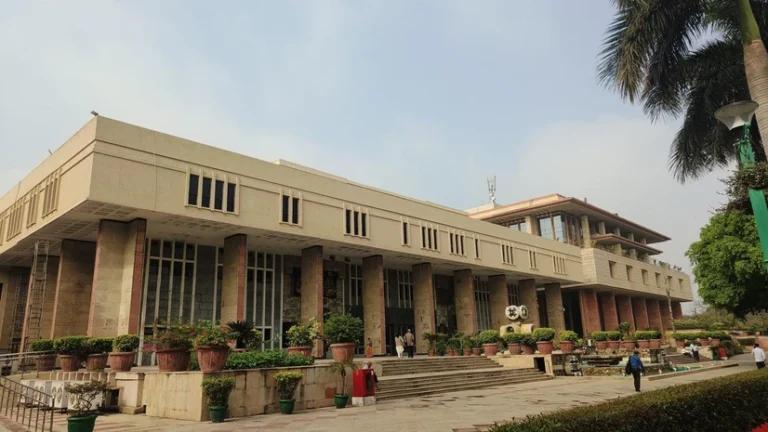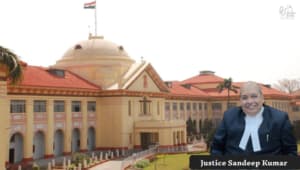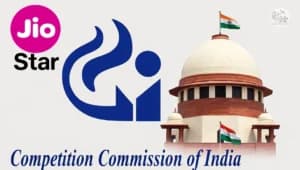In a case that could have far-reaching implications for India’s legal understanding of same-sex relationships, the Delhi High Court has agreed to examine whether the offence of cruelty under Section 498A of the Indian Penal Code (IPC) can apply to same-sex partners. The matter came up before Justice Sanjeev Narula, who issued notice to the Delhi Police and the complainant on a plea filed by Simmi Patwa, seeking to quash an FIR lodged by her former partner.
Background
Patwa, who identifies as biologically female and suffers from gender dysphoria, was in a relationship with another woman. According to her plea, the two went through a symbolic marriage ceremony and began living together as partners. However, their relationship soon turned sour.
Patwa alleges that her partner subjected her to emotional and psychological abuse, including blackmailing her into undergoing gender transition surgery and later threatening to file criminal complaints. She claims that when she filed a nullity petition under the Hindu Marriage Act, 1955, her former partner retaliated by lodging an FIR against her under Sections 498A (cruelty), 406 (criminal breach of trust), 506 (criminal intimidation), and 34 (common intention) of the IPC.
Her petition contends that the FIR itself is not legally maintainable, as both parties are female, and therefore the relationship does not qualify as a "marriage" under the IPC or Hindu Marriage Act.
Court’s Observations
During the hearing, Justice Narula noted that the question raised by the petitioner touches upon an important and unsettled area of criminal law. “Whether Section 498A, which protects a woman against cruelty by her husband or his relatives, can extend to same-sex relationships, is a matter that requires deeper examination,” the bench observed.
Patwa’s counsel argued that the statutory framework of Section 498A presupposes a heterosexual marital structure, where the complainant must be a wife and the accused a husband. Therefore, the plea maintains that invoking this section against a woman in a same-sex relationship would be a misapplication of law.
The petitioner also cited a medical certificate from AIIMS, confirming that she is genetically female, to support her argument that the FIR under a provision meant for husband-wife relationships was misconceived. Furthermore, the plea asserted that even the Protection of Women from Domestic Violence Act (PWDVA), 2005, does not extend to same-sex partnerships, since Indian law has not yet recognized such unions as marriages.
Decision
After briefly hearing the submissions, the court issued notice to the Delhi Police and the complainant, asking them to respond to the petition. The judge directed that their replies be filed before the next hearing, scheduled for November 13.
Read also:- Supreme Court to Hear SCBA Contempt Plea on October 27 Against Lawyer Who Tried to Throw
The outcome of this case could potentially influence how Indian courts interpret matrimonial and domestic abuse laws in the context of same-sex relationships a question that remains legally grey even after the Supreme Court’s recognition of LGBTQ+ rights in Navtej Singh Johar v. Union of India (2018).
For now, the Delhi High Court’s decision to examine the issue has sparked considerable attention in legal and activist circles, as it may define the contours of criminal liability within same-sex partnerships for the first time in India.
Case: Simmi Patwa v. GNCT of Delhi & Anr
Petitioner: Simmi Patwa - identifies as biologically female, suffering from gender dysphoria.
Respondent: Government of NCT of Delhi & complainant (former female partner).
Date of Order: October 2025 (Next hearing on November 13, 2025)















